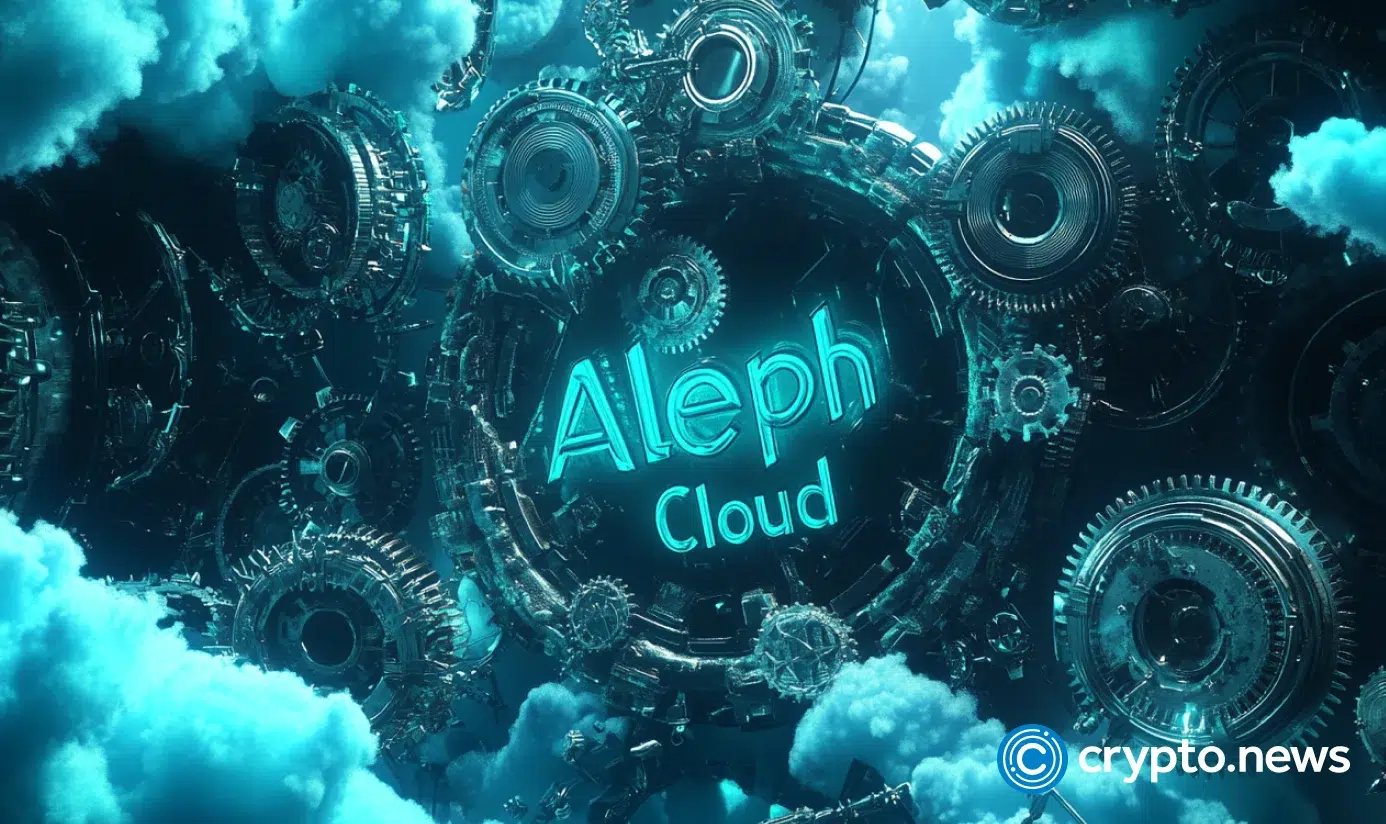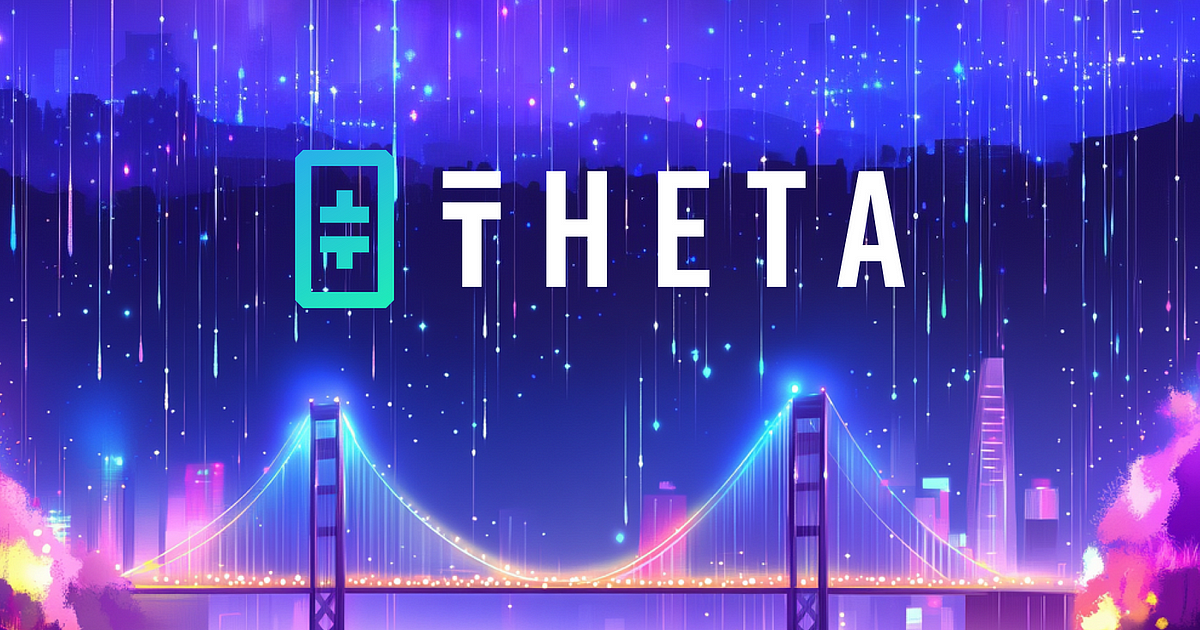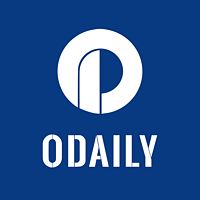Prioritizing Privacy and Anonymity in Cloud Computing and Blockchain Technology
Tuesday, July 30, 2024 3:37 PM
143

CUDOS prioritizes privacy and anonymity in the cloud computing and blockchain technology landscape by implementing a no-KYC policy. This approach allows users to engage with the platform without revealing personal information, emphasizing core values of efficiency, sustainability, and decentralization. The no-KYC policy ensures true anonymity, decentralization, and accessibility for users worldwide. By supporting cryptocurrency payments and private networks, CUDOS remains committed to creating a secure and private digital ecosystem that aligns with the ethos of Web3 and blockchain technology.
Related News

2 days ago
CUDOS Intercloud April Update: Record Growth and New InitiativesIn April, CUDOS Intercloud celebrated significant milestones and shared impressive metrics in its monthly update. The platform reported a record revenue of $204,505, alongside a remarkable 27% increase in GPU consumption, totaling over 300,000 hours. This growth reflects the rising demand for decentralized computing solutions, with more than 2 million GPU compute hours surpassed. CUDOS emphasized its commitment to transparency by providing real-time metrics on GPU capacity, VM deployment, user growth, and ecosystem spending, showcasing a clear distinction in cloud service delivery.
A notable highlight was the six-month anniversary of CUDOS's partnership with the Artificial Superintelligence Alliance (ASI). During this period, CUDOS has served over 15 million GPU hours and welcomed more than 30,000 users. The collaboration aims to build a decentralized compute layer that supports AI development without centralized bottlenecks. Additionally, CUDOS introduced "One Click Computing," allowing users to deploy AI stacks effortlessly, eliminating the complexities traditionally associated with AI deployment.
CUDOS also participated in the Ai2Peace initiative, focusing on using AI for global good. The platform's community rewards program concluded at the end of April, encouraging user engagement through referrals and feedback. Furthermore, CUDOS was represented at Paris Blockchain Week, where discussions highlighted the importance of permissionless compute access and the potential for blockchain to enhance AI's energy efficiency. As CUDOS continues to innovate and expand its offerings, it aims to foster a more sustainable and accessible computing environment for all users.

9 days ago
IPFS Revolutionizes Data Transmission in Space with Filecoin and Lockheed MartinThe Interplanetary File System (IPFS) has made significant strides in reducing latency for data transmissions in space, as demonstrated by a successful collaboration between the Filecoin Foundation and Lockheed Martin Space. During the Consensus 2025 conference in Toronto, Marta Belcher, president of the Filecoin Foundation, revealed that they have successfully transmitted data using a version of IPFS on a satellite orbiting Earth. This adaptation enhances privacy and security by identifying data based on its content rather than its location, which is particularly beneficial for space communications. The architecture of IPFS is designed to mitigate delays, address data corruption from radiation, and enable cryptographic verification to ensure data integrity.
Belcher highlighted the challenges of data transmission from celestial bodies, noting the multi-second delay from the Moon and multi-minute delay from Mars. The IPFS system allows users to retrieve data based on a content ID from the nearest source, whether it be a personal device, a nearby satellite, or a lunar station. This decentralized approach reduces reliance on centralized data centers and improves the reliability of data storage in environments where hardware may degrade, which is crucial for maintaining the integrity of sensitive materials like satellite images.
The growing interest in decentralized archival storage among media companies and potential military applications of this technology indicate a promising future for IPFS. Belcher emphasized the power of having a deep archive accessible globally, which could revolutionize how media and military organizations manage their data. Additionally, the FIL token, a utility token within the Filecoin ecosystem, boasts a market capitalization of approximately $1.8 billion, reflecting the increasing relevance of decentralized storage solutions in today's digital landscape.

15 days ago
Comparing Web3 Cloud Solutions: Phala Cloud, Akash Network, and FleekIn the rapidly evolving landscape of Web3 cloud solutions, selecting the right platform is crucial for the success of your project. This article compares three notable options: Phala Cloud, Akash Network, and Fleek, each catering to different needs. Phala Cloud focuses on privacy-preserving computation with TEE-backed GPU enclaves, making it ideal for secure AI applications. Akash Network offers a decentralized compute marketplace, perfect for machine learning training and scalable backends. Meanwhile, Fleek specializes in edge and static hosting, providing a user-friendly experience for deploying frontend applications. Understanding these platforms' strengths can guide developers in making informed decisions based on their unique requirements.
The architecture and core features of these platforms highlight their distinct technical foundations. Phala Cloud utilizes peer-to-peer enclaves for execution, ensuring a high level of confidentiality with on-chain attestation. Akash Network operates through a container marketplace orchestrated by Kubernetes, allowing for flexible resource allocation. Fleek, on the other hand, focuses on edge hosting and static site deployment, offering minimal backend trust features. Each platform has its own key management approach, with Phala emphasizing self-custodied keys, while Akash relies on provider-managed key stores. These differences are essential for developers to consider when aligning their project needs with the right cloud solution.
Finally, the cost models and tooling available on each platform further differentiate them. Phala Cloud operates on a prepaid credit system, providing predictable pricing for users. Akash Network's spot bidding model introduces volatility but can lead to significant savings for compute-intensive tasks. Fleek offers a free tier, making it accessible for small-scale projects. Developers should also consider the tooling and integrations each platform provides, as these can impact the ease of deployment and ongoing management. By leveraging the strengths of Phala, Akash, and Fleek, developers can create resilient and efficient Web3 applications tailored to their specific needs.

a month ago
Aleph.im Rebrands to Aleph Cloud, Launches $1 Million Accelerator for Web3 StartupsAleph.im, a prominent player in decentralized infrastructure, has officially rebranded as Aleph Cloud, marking a significant evolution in its service offerings. This transformation, announced on April 23, reflects the company's ambition to become a comprehensive decentralized cloud provider. The rebranding comes with an expanded product suite that includes decentralized compute, storage, virtual machines, and GPU resources, all aimed at supporting next-generation Web3 and AI applications. In conjunction with this rebrand, Aleph Cloud has introduced a $1 million startup accelerator program designed to assist Web3 builders and startups in moving away from centralized cloud services like AWS and Google Cloud, which currently dominate the blockchain infrastructure landscape.
The newly launched accelerator program aims to provide essential resources such as compute credits, storage, and technical support across various ecosystems, including Ethereum, Base, Solana, BSC, and Avalanche. Jonathan Schemoul, CEO of Aleph Cloud, emphasized the importance of decentralization in blockchain applications, stating that reliance on centralized services poses risks. The program is structured to support early-stage developers by offering free access to cloud services for projects with a tangible product or proof of concept, thus fostering a thriving ecosystem of decentralized applications.
Aleph Cloud’s strategy positions it as a competitor in the growing market for decentralized infrastructure, where it faces established players like Filecoin and Akash. Schemoul highlighted the platform's unique all-in-one design, which allows users to manage compute, storage, and hosting through a single interface. With a focus on compliance and data privacy, Aleph Cloud operates as a GDPR-compliant, chain-agnostic platform, ensuring that neither the company nor its node operators can access stored data. This commitment to decentralization and user privacy sets Aleph Cloud apart as it seeks to redefine the cloud services landscape for Web3 and AI developers.

a month ago
Stanford's AI Research Lab Partners with Theta EdgeCloud for Enhanced ResearchStanford Engineering Assistant Professor Ellen Vitercik's AI research lab is set to leverage Theta EdgeCloud's hybrid cloud infrastructure to enhance its research in discrete optimization and algorithmic reasoning. This collaboration will enable the lab to utilize EdgeCloud's decentralized GPU, which offers scalable and high-performance computing power at a competitive cost. The integration of this technology is expected to significantly accelerate the training of AI models and facilitate advanced research initiatives. Other prominent academic institutions, such as Seoul National University, KAIST, and the University of Oregon, are also utilizing EdgeCloud's infrastructure to boost their AI research productivity.
Ellen Vitercik specializes in machine learning, algorithmic reasoning, and the intersection of computation and economics. Her research lab is focused on several key areas, including the application of large language models (LLMs) for optimization, algorithmic content selection, and the generalization of clustering algorithms across various dataset sizes. By employing Theta EdgeCloud's resources, the lab aims to explore how AI can enhance decision-making processes in economic contexts, such as pricing strategies and targeted marketing.
Theta EdgeCloud's hybrid GPU infrastructure is designed to provide on-demand computing power that is both scalable and cost-effective, making it an ideal solution for academic research. The collaboration with Vitercik's lab exemplifies the growing trend of integrating advanced cloud computing technologies into academic research, particularly in the field of AI. This partnership not only promises to advance Vitercik's research objectives but also contributes to the broader landscape of AI research across multiple institutions worldwide.

2 months ago
The Rise of Decentralized Physical Infrastructure Networks in Cloud ComputingAs technology continues to evolve, the Decentralized Physical Infrastructure Network (DePIN) is emerging as a transformative force in the realm of cloud computing. Built on blockchain technology, DePIN utilizes individual hardware devices, known as nodes, which can range from personal computers to IoT devices. This decentralized network eliminates the need for a centralized authority, enhancing security and transparency while outperforming traditional systems in efficiency and scalability. With the rise of AI applications, decentralized networks are becoming essential for managing data collection and processing, as highlighted by a recent CoinDesk report indicating that the market capitalization of DePIN tokens has exceeded $25 billion, driven by advancements in computing and AI sectors.
Several projects exemplify the potential of DePIN technology. Akash, often referred to as the "Airbnb of cloud computing," connects sellers of excess computing resources with buyers, creating an open-source platform for cloud services. Meanwhile, io.net focuses on providing a decentralized GPU network for machine learning applications, boasting 83,000 GPUs and significant cost savings compared to traditional providers. Grass, another DePIN initiative, allows users to share their internet bandwidth in exchange for rewards, while Koii aims to democratize access to decentralized computing by enabling any device to participate in the network, thus broadening the scope of user involvement and reward opportunities.
Despite the promising advancements, the DePIN market faces challenges in establishing a sustainable revenue model. Many projects rely on a dual-token system to balance supply and demand, akin to the Goldilocks problem of finding the right equilibrium. To foster growth, initiatives like Koii's EZSandbox are simplifying the onboarding process for developers, providing tools and resources to create and test decentralized applications. Collaborations, such as Koii's partnership with the Web3 search engine Adot, further enhance network efficiency and accessibility. As the reliance on cloud computing grows, DePIN platforms like Koii, Akash, and Grass are poised to reshape the landscape of decentralized computing, making it more accessible and cost-effective for users worldwide.
Signup for latest DePIN news and updates